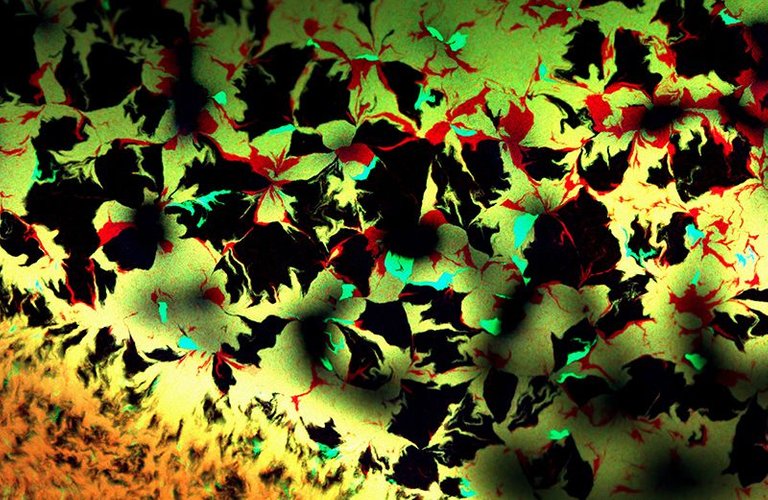Engineered strains of E. coli and other microbes are being tested in people to combat a slew of illnesses.

The Escherichia coli bacteria is being developed as a vehicle for gene therapy in people.Credit: Fernan Federici and Jim Haseloff/Wellcome Coll./CC BY
People often take medicines to rid themselves of problem bacteria. Now, a counterintuitive approach — turning genetically modified bacteria into medicines — is gaining ground.
Several companies are testing whether engineered bacteria can treat conditions that affect the brain, liver and other organs — and even kill other, harmful microbes. But although US regulators have approved trials of several types of engineered bacteria as a form of gene therapy, questions remain about whether microbes’ ability to share DNA with one another will create long-term safety risks.
The idea of using bacteria to deliver gene therapies first surfaced in the 1990s, but early clinical trials met with mixed results. Interest in the approach has increased in recent years amid mounting evidence that the bacteria that live in the body — the microbiome — can influence human health. Researchers are looking to treat disease by modifying microbes that are normally found in people or foods they consume.
Matthew Chang, a synthetic biologist at the National University of Singapore, says that genetically modified bacteria have the potential to treat many types of disease. His group is engineering the gut bacteria Escherichia coli and Lactobacillus to recognize and destroy harmful microbes1. “It’s a rapidly growing area,” says Chang, who adds that he is in talks with regulators in Singapore about starting clinical trials.
Source:Nature
Hi! I am a robot. I just upvoted you! I found similar content that readers might be interested in:
https://brokenpla.net/blog/genetically-modified-bacteria-enlisted-in-fight-against-disease/
This site cited this article from: https://www.nature.com/articles/d41586-018-05476-4?utm_source=briefing-wk&utm_medium=email&utm_campaign=briefing&utm_content=20180622
I wrote a little part from this article. Your site just did copy-paste from Nature article. Thank you for notice